Image by rawpixel.com on Freepik
Leadership is an essential skill for success in any organization or group, from the business world to politics and beyond. However, leadership is not just about being in charge or giving orders, but also about inspiring and guiding others towards a common goal or vision. In this article, we’ll explore different aspects of leadership, including its various styles, qualities, and strategies. We’ll also examine why leadership is important, and how effective leadership can impact an organization’s success. Whether you’re a seasoned leader or aspiring to be one, this article will provide you with valuable insights and perspectives on leadership.
What is leadership?
Answer: Leadership is the ability to inspire and guide a group of people toward a common goal or vision.
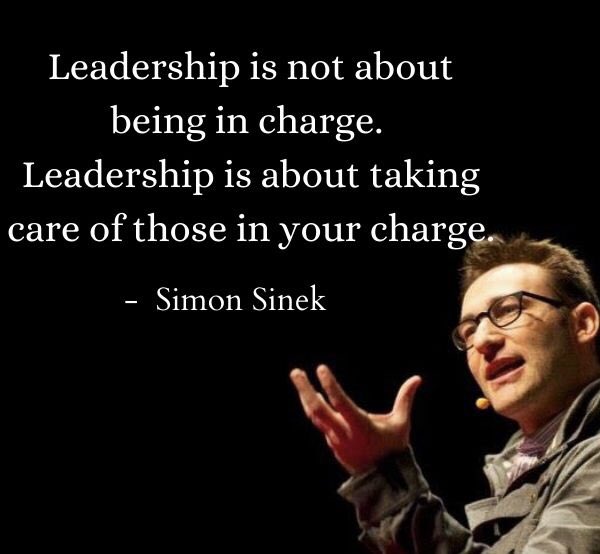
Why is leadership important?
Answer: Effective leadership is crucial for achieving success in any organization or group as it provides direction, motivation, and guidance to the members.
According to a study by Deloitte, companies with effective leadership are 1.5 times more likely to experience revenue growth and 2 times more likely to have engaged employees.
What are leadership skills?
Answer: Leadership skills are the abilities and qualities required to lead and manage people, such as communication, decision-making, problem-solving, delegation, and strategic thinking.

What is transformational leadership?
Answer: Transformational leadership is a leadership style that focuses on inspiring and motivating followers to achieve their full potential and create positive change within the organization or society.
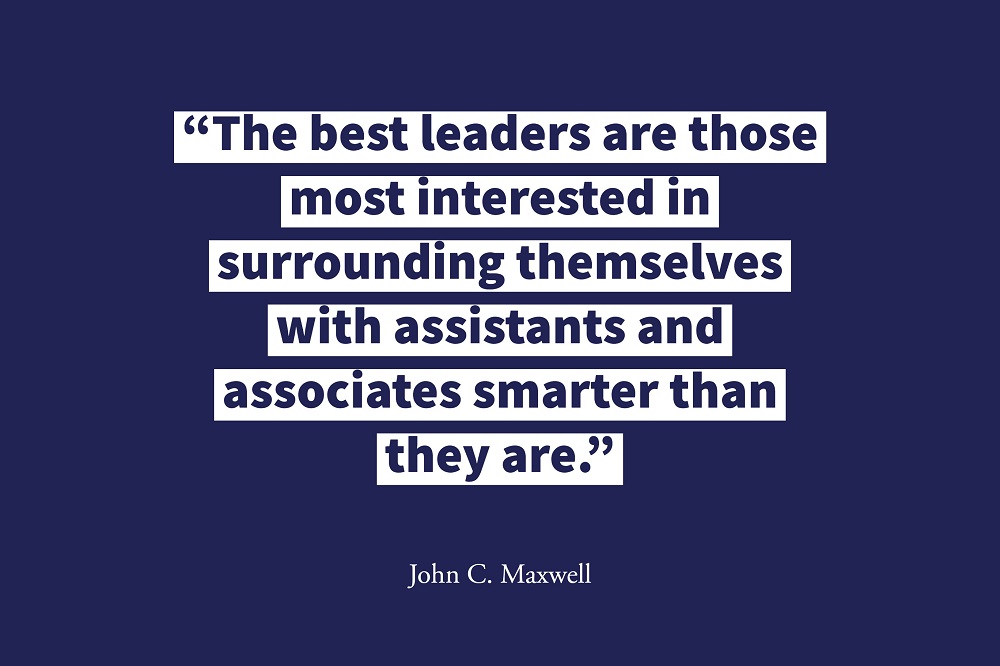
What is situational leadership?
Answer: Situational leadership is a leadership style that involves adapting the leadership approach based on the situation and the needs of the followers, rather than a one-size-fits-all approach.
Situational leadership theory was developed by Paul Hersey and Ken Blanchard in the late 1960s and early 1970s.
What is thought leadership?
Answer: Thought leadership is a type of content marketing strategy where individuals or organizations establish themselves as experts in a particular field by providing valuable insights and ideas to the industry.
According to Forbes, “Thought leadership is a strategic marketing approach that leverages a company’s expertise to create content and resources that educate, inform, and inspire prospects and customers.”

What is your leadership style?
Answer: However, leadership styles vary from person to person and can include autocratic, democratic, transformational, and servant leadership, among others.
What is a leadership coach?
Answer: A leadership coach is a professional who works with individuals or groups to improve their leadership skills and abilities, through coaching, mentoring, and feedback.
According to the International Coach Federation (ICF), a leadership coach is “a professional coach who works with leaders, managers, and executives to help them develop their leadership skills and achieve their goals.”
What is transactional leadership?
Answer: Transactional leadership is a leadership style that focuses on providing rewards or punishment to followers based on their performance and compliance with the leader’s directives.
Transactional leadership is based on the principles of reinforcement theory, which suggests that behavior is shaped by rewards and punishments.
What is strategic leadership?
Answer: Strategic leadership is a leadership style that involves setting long-term goals and visions for an organization, and aligning the resources and efforts of the members towards achieving those goals.

What is a leadership strategy?
Answer: A leadership strategy is a plan or approach used by a leader to achieve the goals and objectives of their organization or group, through effective management of resources, people, and processes.
According to Harvard Business Review, “A leadership strategy is the plan and framework that enables a company to cultivate the leadership capabilities it needs to meet its goals.”
What is autocratic leadership?
Answer: Autocratic leadership is a leadership style that involves making decisions and directives without input or feedback from the followers, and using authority and control to enforce compliance.
“My way or the highway” is a common phrase associated with autocratic leadership.
What is servant leadership?
Answer: Servant leadership is a leadership style that emphasizes serving the needs of others first, rather than focusing on personal power or authority. It involves listening, empathizing, and supporting the followers to achieve their full potential and goals.

What does leadership mean?
Answer: Leadership means the ability to influence, inspire, and guide others towards achieving a common goal or vision. It involves creating a vision, setting goals, building trust, communicating effectively, and empowering the members to achieve their full potential.
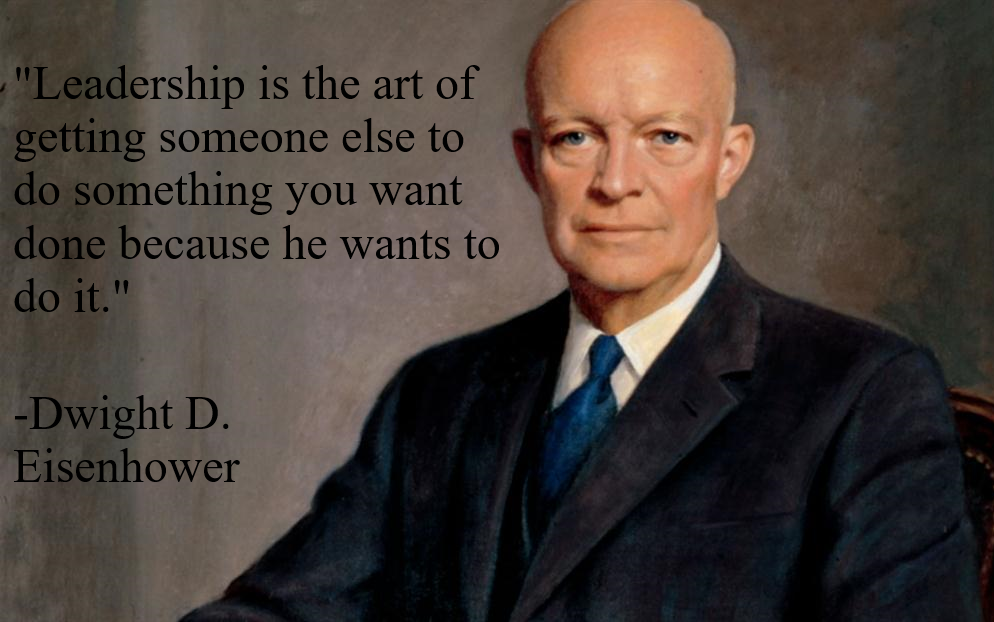
What are leadership qualities?
Answer: Leadership qualities are the personal traits and characteristics that make an effective leader, such as integrity, vision, empathy, communication, adaptability, courage, and resilience.
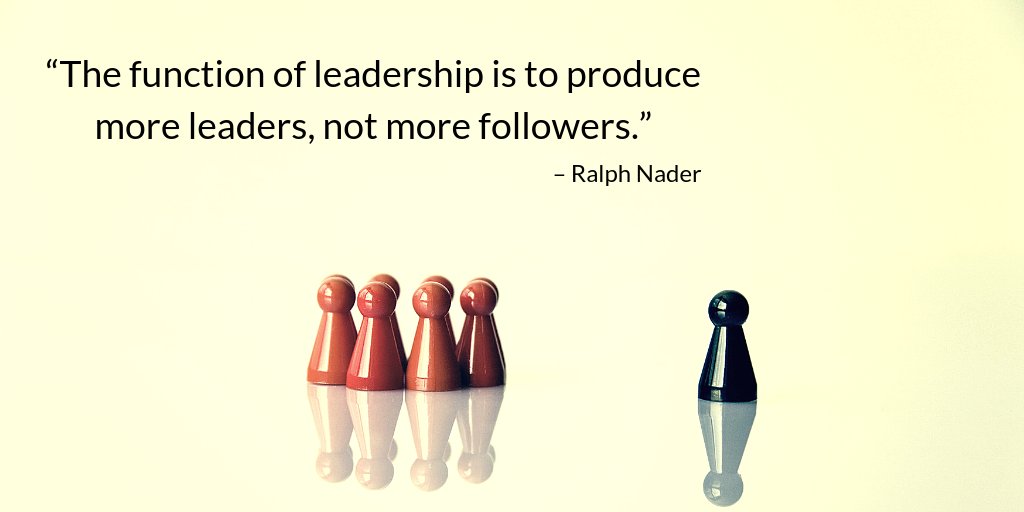
Which leadership style is best?
Answer: There is no one-size-fits-all answer to this question, as different leadership styles can be effective in different situations. However, a leadership style that focuses on collaboration, communication, and empowerment is often considered most effective.
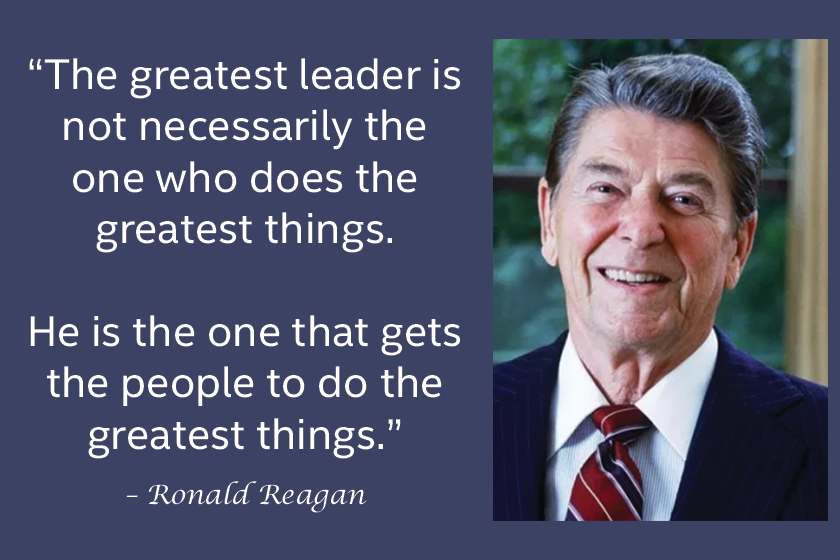
What are the 7 leadership styles?
Answer: The 7 leadership styles are autocratic, democratic, transformational, transactional, servant, laissez-faire, and charismatic.
The 7 leadership styles were identified by Daniel Goleman in his book “Primal Leadership,”.
How Elise Stefanik rose to cusp of GOP leadership?
Answer: Elise Stefanik rose to the cusp of GOP leadership by garnering support from former President Trump and other influential Republicans, as well as her track record of supporting conservative policies and female candidates.
How financialized lost leadership in semiconductor?
Answer: Financialization refers to the trend of prioritizing financial gains over other goals, such as innovation or long-term growth. This approach can lead to the loss of leadership in the semiconductor industry, as it requires significant investment in research and development.
According to a report by the Semiconductor Industry Association, the U.S. share of global semiconductor manufacturing has declined from 37% in 1990 to 12% in 2020, due to a lack of investment in research and development, and increased competition from other countries.
What does the Bible say about leadership?
Answer: The Bible provides many examples and teachings on leadership, emphasizing the importance of humility, integrity, wisdom, and service to others.

How Intel leadership impacted semiconductor fabrication?
Answer: Intel’s leadership in the semiconductor industry has been impacted by various factors, including competition from other companies, changes in technology and market trends, and leadership decisions related to investments and partnerships.
Intel has been a leader in semiconductor fabrication for decades, but has faced challenges in recent years due to increased competition from other companies, and delays in transitioning to new manufacturing processes.
What is ethical leadership?
Answer: Ethical leadership is a leadership style that prioritizes ethical behavior and decision-making, based on values such as honesty, fairness, and respect for others.
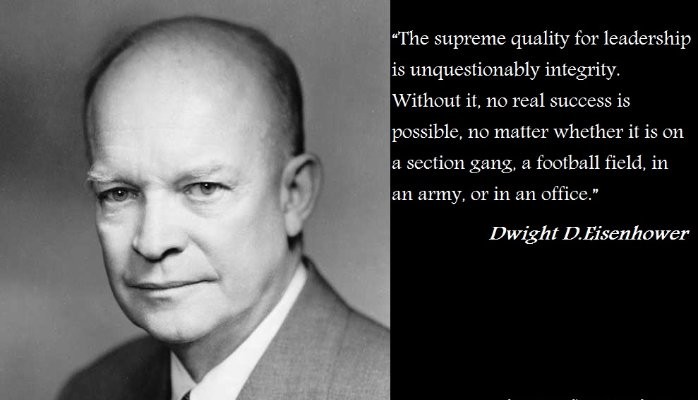
What is authentic leadership?
Answer: Authentic leadership is a leadership style that emphasizes being true to oneself, while also building trust, transparency, and open communication with others.
What is leadership effectiveness?
Answer: Leadership effectiveness refers to the ability of a leader to achieve desired results and goals, through effective communication, decision-making, and management of resources and people.
According to a study by McKinsey & Company, companies with effective leadership are 2.7 times more likely to experience better financial performance, and 2.2 times more likely to outperform their peers on environmental, social, and governance (ESG) factors.
What is biblical leadership?
Answer: Biblical leadership is a leadership style that is grounded in biblical principles and teachings, emphasizing humility, service, wisdom, and faith.
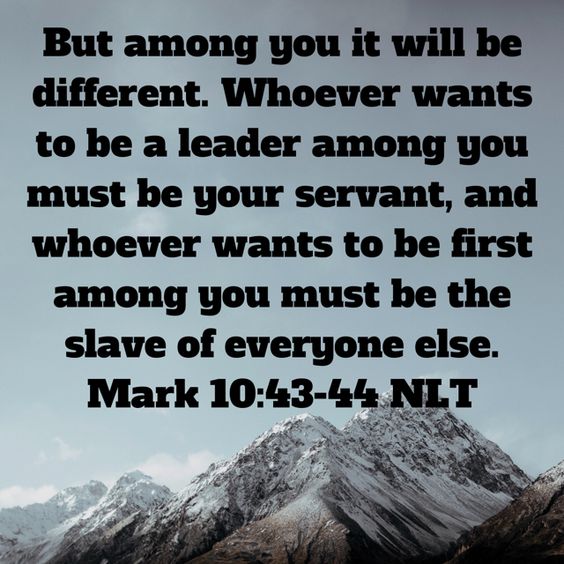
Why are leadership skills important?
Answer: Leadership skills are important because they enable individuals to effectively manage and lead others towards a common goal or vision, and to make informed decisions that drive success and growth in organizations or groups.
According to a study by LinkedIn, leadership is the most in-demand soft skill among employers, as it is crucial for driving business growth, fostering innovation, and building strong teams.
How to develop leadership skills?
Answer: Leadership skills can be developed through various means, such as seeking mentorship and feedback, attending leadership training or workshops, practicing self-reflection and self-awareness, and seeking out leadership opportunities.
What is organizational leadership?
Answer: Organizational leadership is the process of leading and managing an organization towards achieving its goals and objectives, through effective planning, communication, and coordination of resources and people.
What is leadership in management?
Answer: Leadership in management refers to the ability of managers to effectively lead and manage their teams, through effective communication, delegation, and empowerment of their team members.






